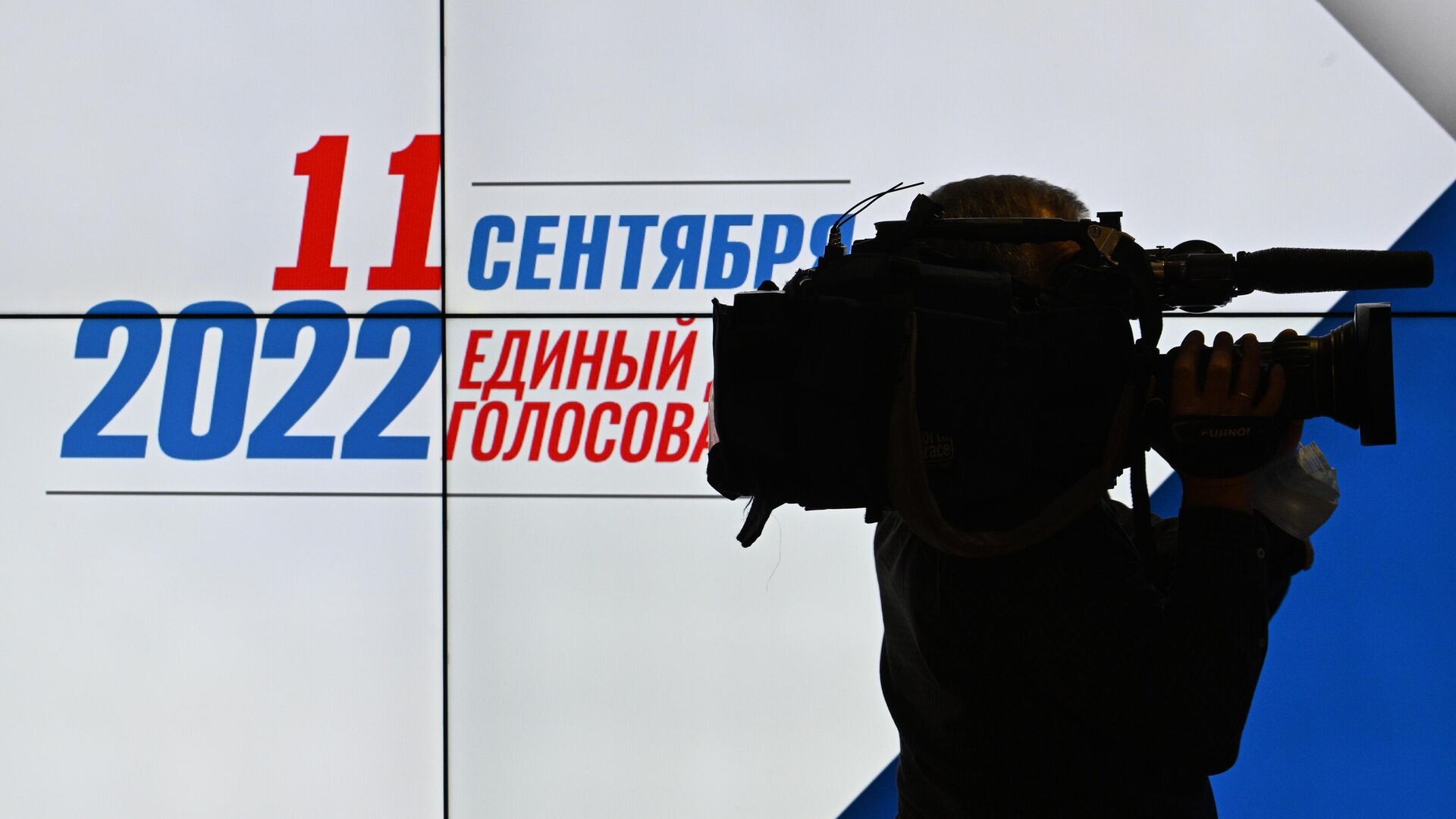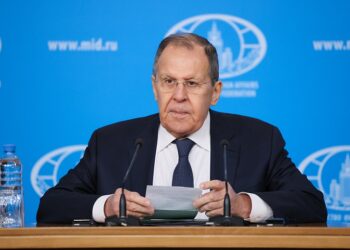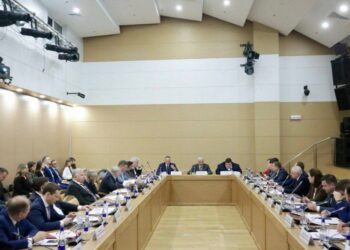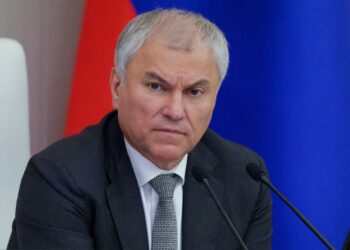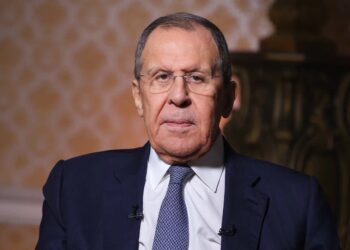MOSCOW (Realist English). In Russia, according to the results of local elections at different levels, almost nothing has changed. The current or acting heads of the 14 regions, where gubernatorial elections were held, defeated competitors based on the results of processing from 98 to 100% of protocols.
“Two features of the gubernatorial campaign of the current domestic political season. First. The rallying around the president, the popular approval of the special military operation and the policy towards the united West affected the mood of voters in the regions of Russia. Loyalty to the authorities at all levels is at its maximum. This is what we see when voting for the current heads of regions.
Second. At the same time, the demand for positive changes is very large. Therefore, the advantage was given to those heads of regions who were appointed recently. And those who has been working for a long time — both in Udmurtia and in the Sverdlovsk region — found themselves in a worse position. The difference between the Tambov and Sverdlovsk regions, for example, is 20%. This is the difference between the positive changes that have begun (as voters believe) and the continuation of what they have seen for 10 years,” said political strategist Andrei Perla in an interview with the Realist News Agency.
Presidential press secretary Dmitry Peskov said that the victory of the acting governors in the elections was due to Vladimir Putin, who had supported the candidates.
On September 15, the Central Election Commission of Russia will summarize the final results of the elections at various levels that took place from September 9 to September 11. According to the results of the elections, more than 30 thousand candidates were elected, the head of the CEC of the Russian Federation Ella Pamfilova said.
From September 9 to 11, elections were held in 82 regions of Russia. During this period, more than 4.7 thousand regional and local election campaigns were conducted.
Direct elections of governors in 14 regions of the country, deputies of six legislative assemblies, 12 councils of deputies of administrative centers of subjects, as well as elections to local self-government bodies of various levels were held.


